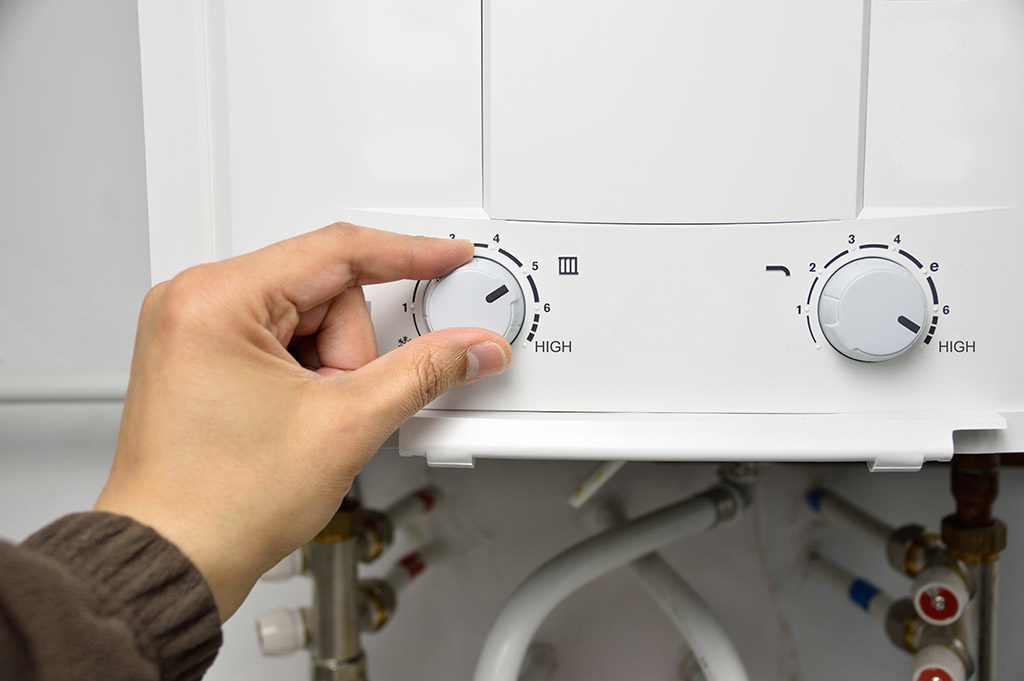Were you interested in additional info concerning Common Hot Water Heater Problems?

A hot water heater is one of the most crucial standard appliances that can be discovered in a house. With water heaters, you do not need to go through the stress of home heating water manually whenever there is a demand to take a bath, wash, or the recipes. Nevertheless, there is constantly a possibility that your water heater would act up as with a lot of mechanical devices.
It is essential to keep in mind any little malfunction and tackle it rapidly before points leave hand. A lot of times, your water heater begins to malfunction when there is a build-up of sediments as a result of continual usage. As a preventative measure, routine flushing of your water heater is advised to prevent sediment accumulation and stop functional failure.
Usual water heater emergency situations and also just how to deal with them
Leaking hot water heater tank.
A leaking storage tank could be an indicator of corrosion. It might create damages to the flooring, wall and electrical gadgets around it. You could even be at risk of having your house flooded. In this circumstance, you ought to shut off your water heater, enable it to cool down, and also thoroughly seek the resource of the issue. Sometimes, all you require to do is to tighten up a few screws or pipeline links in cases of minor leaks. But if this doesn't function and also the leakage continues, you might require to employ the services of a professional for an ideal substitute.
Changing water temperature level.
Your water heating unit can begin creating water of different temperature levels usually ice scalding or chilly warm. There might be a requirement to replace either the thermostat or the home heating unit of your water heating system.
Too little warm water
It may be that the water heating system can't support the hot water need for your house. You could update your water heater to one with a bigger capacity.
Discolored or smelly water
When this occurs, you require to understand if the issue is from the water or the storage tank resource. You are particular that it is your water heater that is defective if there is no funny odor when you run cold water. The stinky water can be triggered by corrosion or the buildup of microorganisms or debris in the hot water heater container. As soon as you discover this, you can try flushing out your tank or replacing the anode if the problem persists. The feature of the anode is to clean out germs from your storage tank. Because the anode rod substitute requires a comprehensive knowledge of your water heating unit, you will certainly need the help of a specialist.
Final thought
Some house owners overlook little warning and minor faults in their water heater unit. This only causes further damage and a possible total break down of your home appliance. You ought to handle your water heater mistakes as soon as they come near prevent even more expenditures and unnecessary emergency troubles.
With water heating systems, you don't need to go via the anxiety of heating water manually every time there is a need to take a bath, do the washing, or the dishes. Your water heating system could start generating water of various temperatures usually ice cool or scalding hot. It might be that the water heater can't sustain the hot water demand for your house. If there is no amusing scent when you run cold water, then you are specific that it is your water heating system that is faulty. The odiferous water can be caused by corrosion or the build-up of microorganisms or sediments in the water heating system container.
Common Water Heater Issues and What You Should Do
What Type of Water Heater Do You Have?
Before we begin it’s first important that you identify the type of water heater you have on your property. There are two main types of water heaters out there: conventional and high efficiency.
Both of these types of products typically use either gas or electricity to heat power. There are also solar water heaters that use a thermal collector on the roof or yard to heat the water.
While these models are not as common, they can cut heating costs in half. In this article, we will focus on conventional and high efficiency.
How Do My Electric and Gas Water Heater Work?
Though they look similar, electric and gas water heaters work very differently. It’s important to know their basic function because often problems can be specific to the heating source.
In the electric model, a thermostat on the side of the machine detects the temperature of the water in the tank. When the temperature needs to rise electricity flows to a heating element suspended in the water.
Gas models also use a thermostat device — typically with a mercury sensor at the tip and an additional sensor called a thermocouple. The thermocouple detects whether the pilot light is on and controls the flow of gas.
When the thermostat drops below the appropriate level gas is released which becomes ignited by the pilot light. The flame heats the bottom of the water tank which causes hot water to rise and cold water to drop.
This natural circulation continues until the water reaches the desired temperature. Then, the thermostat triggers the gas control valve to shut off the flow of gas.
What Are the Most Common Issues and How Do You Fix Them?
https://happyhiller.com/blog/common-water-heater-issues-and-what-you-should-do/

I discovered that piece about Common Hot Water Heater Problems while surfing around the internet. Are you aware of somebody who is curious about Warning Signs You Need Water Heater Repairs? Take a moment to promote it. Thanks a lot for taking the time to read it.
Immediate inquiry? Reach.